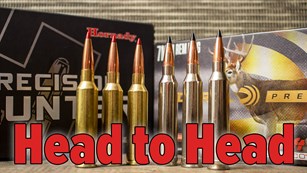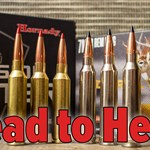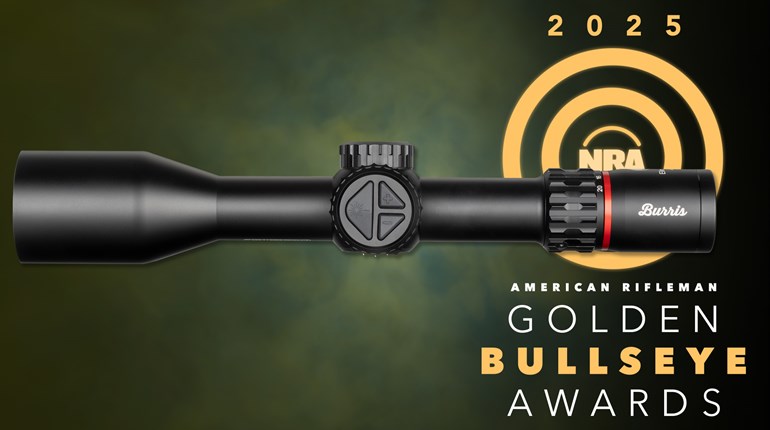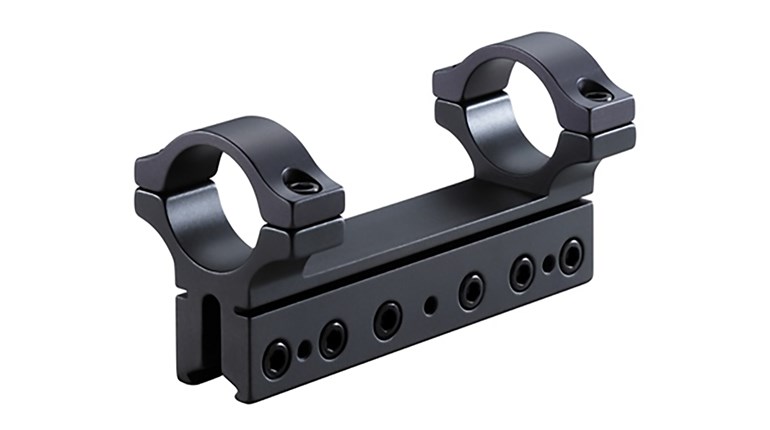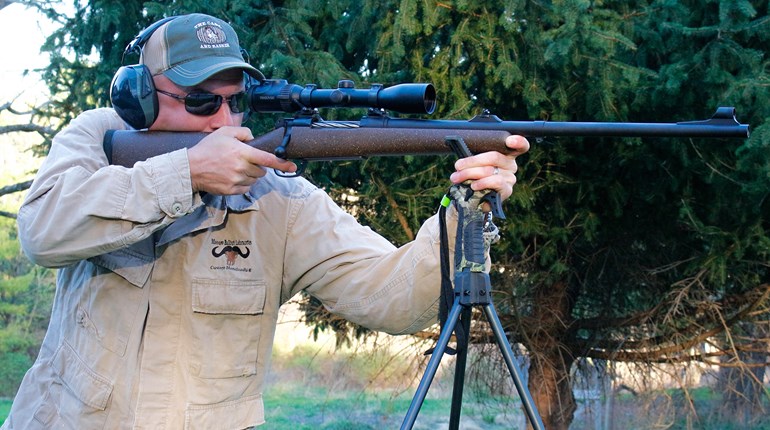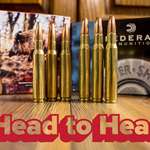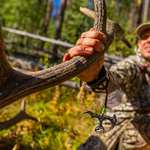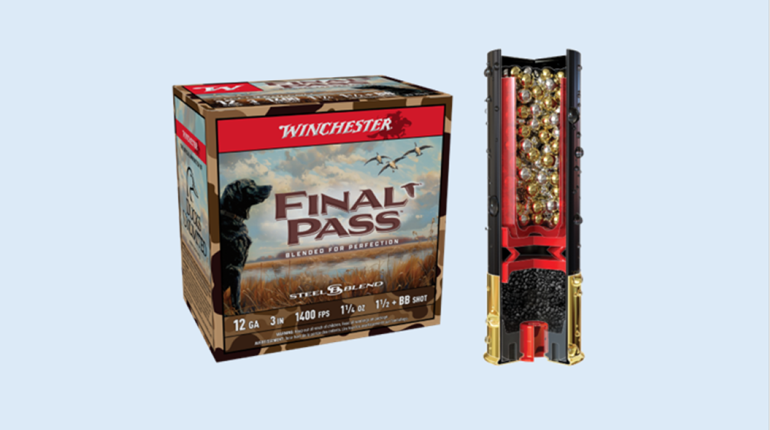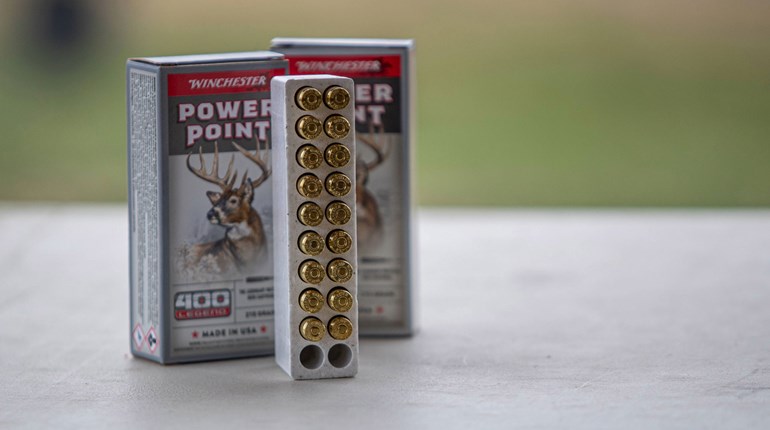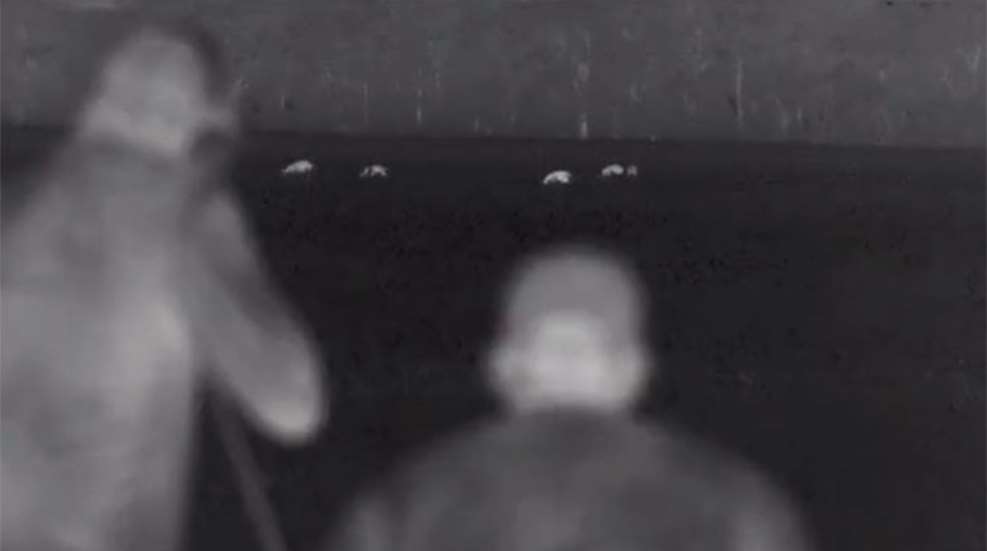
For a novice hunter, what could be better than the prospect of filling a cooler with wild pork? How about a nighttime hog hunt using thermal riflescopes?
I’ve never considered myself a hunter. It’s certainly not that I dislike hunting, far from it. I just didn't grow up in a hunting environment, and have never had much exposure to it before I came to work for Shooting Illustrated. My father and grandfather grew up hunting on the land around our houses, but by the time I was old enough to join them, they’d given it up. I never found a mentor, and didn’t really get into it until I was well into my fourth decade.
Of course, I’m trying to make up for lost time now. I have a better understanding of the passion that hunters have for the chase, have felt the first twinges of “buck fever” and am jumping at the chance to go on as many hunts as I can (and as my boss will let me…) When Sightmark invited me to try the company’s Pulsar line of thermal riflescopes on a hog hunt in Texas before the 147th NRA Annual Meetings & Exhibits, I jumped at the chance.
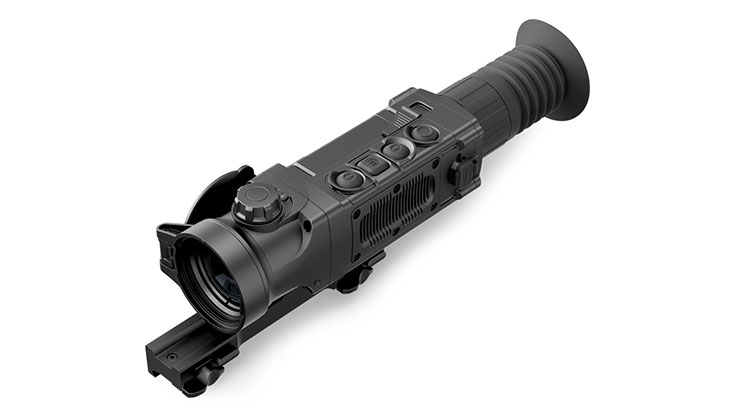
This is my second time hunting hogs. A few years back, I was the guest of Crimson Trace, FLIR and Mossberg at another nighttime hunt. We were hunting from stands and blinds (I think I’ve got that right, I did mention I was new at this, right?), and waited for pigs to come to feeders. Three nights I went out, and the first two I didn’t see a single pig. On the third night, though, I took my first pig ever, a 100-pound sow. I can’t even begin to describe that feeling. It was at that moment I think I started to get it.
This more-recent hunt was a stalking-type hunt, where experienced guides would locate pigs, help us get as close we could get (we had a group of three hunters), set us up on sticks, and assess the perfect moment to fire in unison. We were cautioned to have a hog squarely in our sights, as once the command was given and we commenced firing, it would be increasingly difficult for a follow up shot.
We went out with 3 Curl Outfitters, with Steve as our guide. He brought us out to several fields searching for pigs, each a parcel of land known to be frequented by our porcine prey. We’d roll up slowly and quietly in his truck, lights off, windows up, while he scanned the field ahead for pigs. Steve would use a Pulsar Helion XP50 Thermal Mononcular to scan the vicinity for the telltale heat signature of a pig (“That’s a deer. Pigs can’t lift their heads like that. Deer can. Don’t shoot that one!”) Interestingly enough, going against most of what passes for my luck, we found pigs on the very first place we stopped.
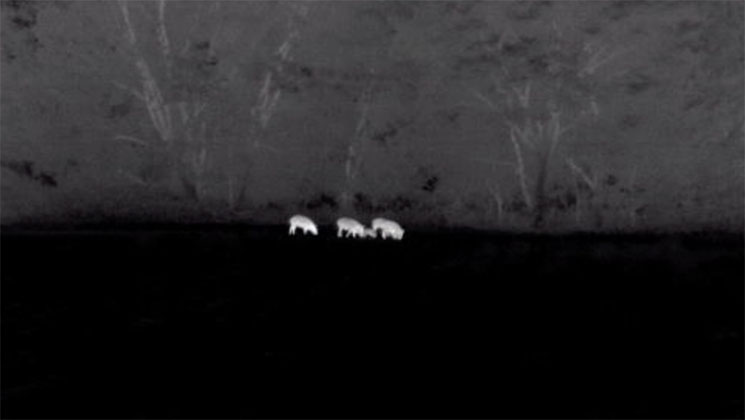
As Steve scanned the field ahead, I rehearsed the scene over and over. We’d had a detailed briefing on how to proceed back at the camp, so I knew how to proceed in theory. As the expression goes, no plan survives first contact with the enemy (even those of the Bacon-American persuasion), so I focused on safety and following Steve’s lead carefully. We exiting the truck as quickly and quietly as possible, gathered at the rear to retrieve our cased rifles, and proceeded in a single-file line toward the unsuspecting herd of pigs.
We managed to sneak up to within perhaps 75 yards of the herd, when Steve gave the signal to stop. Wordlessly, we got into line, with Steve setting up shooting sticks and getting us ready to fire. As I held my crosshairs on the neck of an unaware hog, Steve asked us if we were ready. Once all three shooters indicated ready, he gave the countdown. “Three.” Having participated in a few shooting competitions, I know the rush of adrenaline that comes from anticipating action. “Two.” We were specifically told to wait for “one,” as any number of reasons could cause Steve to suspend or cancel the shoot.
“One.”
With one simple word, it was on. All three of us fired in what sounded like unison, and then the world exploded in pig. We were fortunate, in that the group paused momentarily before bolting left into the woods. In the scant seconds left as pigs scurried hither and yon, we re-acquired targets and fired again, and again. When the smoke cleared and we walked up on the former field-of-fire, one pig lay motionless, while several blood trails indicated other solid hits.

I’ve written up the Phoenix Weaponry rifle I used on this hunt over at Shooting Illustrated and the Pulsar Trail XP Thermal Riflescope at American Rifleman, but a quick note. “Christine,” an AR-10-based semi-automatic rifle in the novel .45-70 Auto cartridge, was, in a word, awesome. It approximates the muzzle energy of the .45-70 Govt. round in a semi-auto-friendly platform, and when I say it gets the job done, this is an understatement in and of itself.
We’re not sure who of the three fired the fatal shot, but in the end, it’s not terribly important. The hunt was successful, we all allowed ourselves a moment of congratulations, and we were then off to other fields for more stalking. Oddly, although we scanned several other known areas, we found no more pigs. Even more coincidentally? The area where we took our pig was “Pigg Road.” You can’t make this stuff up (I mean, yeah, I’m sure it was named because hogs were plentiful there, but given that it’s the only place we found ‘em…)
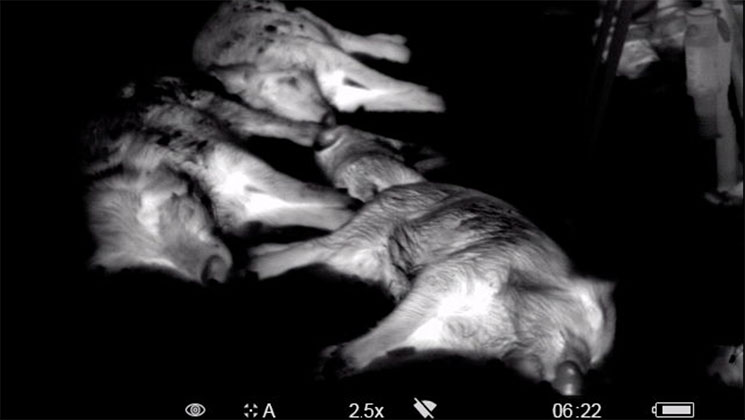
Now, I’m sure there’s folks out there snickering. Three hunters, a dozen targets, and only one pig drops? Only one of the three considered himself a hunter, mind you; the other shooter and your humble scribe are both the first to admit they are nothing of the sort. I’m happy with my second attempt; I’m even willing to concede that it might not have been my shot that brought down the sow. Secretly, though, I think (hope) it was. And boy, am I hooked.










